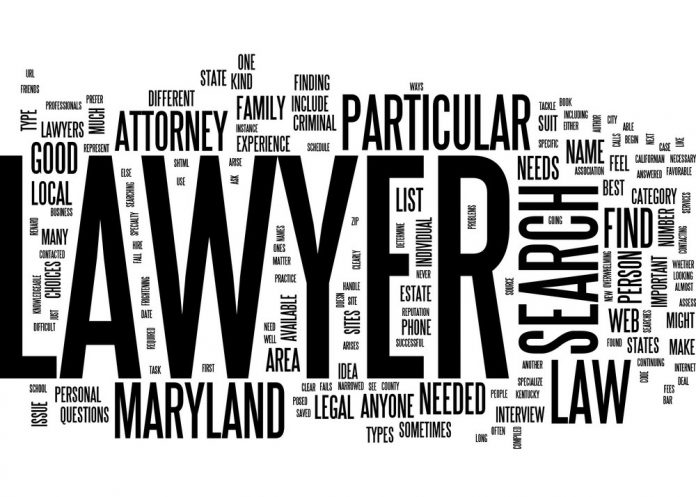The involvement of a lawyer can be useful in drafting a contract or providing legal advice. His presence is also necessary in the circumstance of proceedings before certain jurisdictions such as the judicial court (in principle), the assize court, the court of appeal or the Court of Cassation and the Council of State. But there are cases where it is not mandatory. However, in some critical and more concerned cases, the court might advise you to appear with an attorney. For a regular or a serious tax related legal matters, you can reach out to Tax attorney VA.
We give an overview of the procedures in which it is not necessary to be assisted by a lawyer.
In Case of Tax Control
It is possible to hire a tax lawyer during a tax audit, except it’s not mandatory. Know that when you have nothing to be ashamed of, a tax audit is more fear than harm.
Alternatively, towards the end of the URSSAF control, you can challenge the decision before the tribunal de grande instance specially appointed to hear social affairs under Code judicial organization’s article L. 211-16 without being assisted by a lawyer.
Errors detected in the conclusion of this control are not financially sanctioned, if they meet the conditions for benefiting from the right to make mistakes (errors made for the first time for nonexistence of bad faith or fraud). The result of this control may be enforceable against URSSAF.

During Summary Proceedings
Remember that the essence of the summary is to obtain a rapid and provisional decision to settle urgent cases while protecting the rights of the applicant. This may for example be the establishment of an investigation, measures to prevent imminent damage, the payment of a provision in the context of a debt or the performance of an obligation ( such as the delivery of goods for example).
Interim Proceedings
In the context of a dispute settled by the industrial tribunal, recourse to a lawyer is not compulsory. Remember that the industrial tribunal settles individual disputes between an employee and his employer. In case a lawyer is not available, the employee can defend himself or be assisted or represented before the industrial tribunal by an employee or an employer assets with the same branch of activity.
During an Sanction to Pay
The injunction to pay is the procedure to be used when you are owed a sum of money of a certain amount (for example when you have granted a loan which must be repaid).
The injunction procedure, to be used against a person who has not fulfilled his obligations (for example, when a craftsman who does not complete work) does not require the intervention of a lawyer.
Before the Administrative Hearing
Representation by a lawyer is not compulsory in the context of a dispute before an administrative court, except when claims are made for damages for a fault committed by the State or a public establishment.
Before the Commercial Court
The commercial court mainly settles disputes between traders. Any party may represent itself before this court. So no need of lawyers in such matters is required if you have such task in a court.








